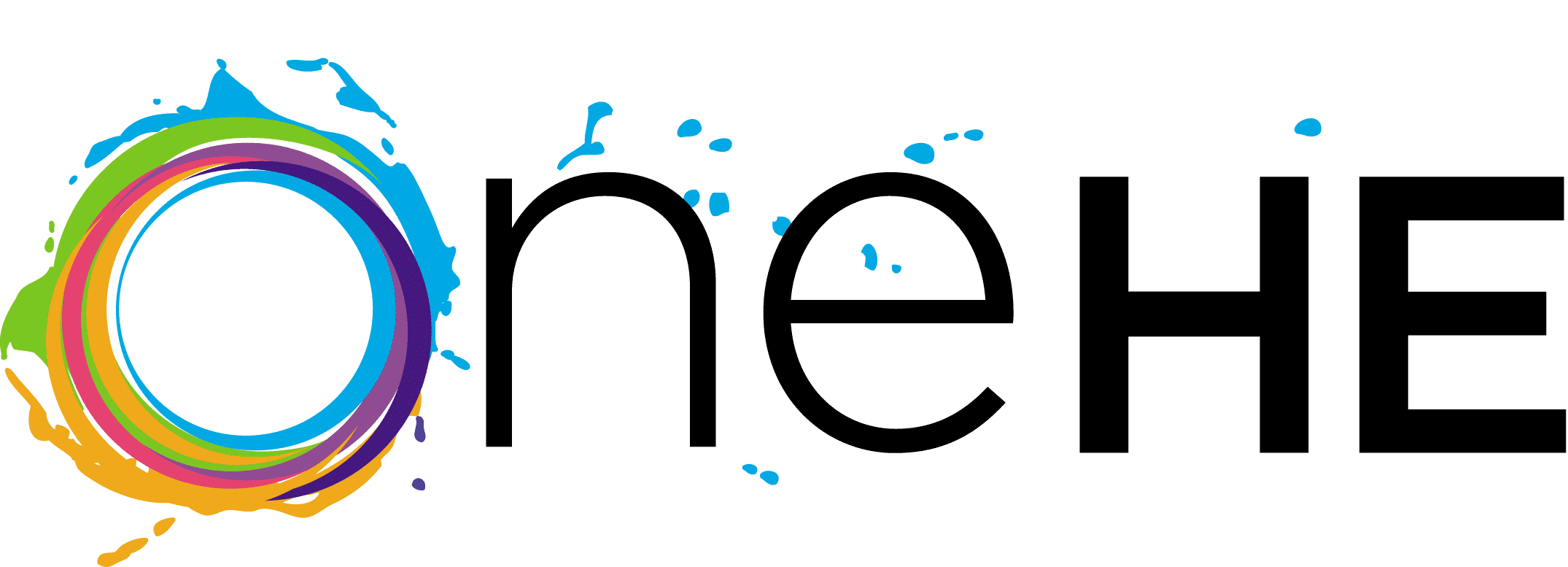GenAI – Dos and Don’ts for Academic Integrity

Niya Bond

Tricia Bertram Gallant

Click here to view the video transcript
– I was speaking with a student the other day who said, “Oh, I use ChatGPT to do this, this, and this, but I didn’t have it do my work for me.” There’s a lack of awareness for all of us, students and faculty and educators in general, about where is this new line between what my colleague Philip Dawson in Australia, I’ll credit him for this, calls, “cognitive offloading,” and cheating.
And so this is the tricky thing. And in this environment, it’s even more important for educators to talk about academic integrity in the ways that we’ve already discussed. And then make very clear what is the GenAI policy in this class or on this particular assignment. Be very clear. Most students, again, want to follow your policy, but if you don’t say anything, they’re going to use it in all sorts of ways. So tip number one, definitely say in your syllabus this Fall, you know, are you allowed to use GenAI. If yes, how? On every, you know, make sure if you have different rules for different assignments, make sure that’s clear.
And then the second thing is to obviously look at your own assessments and your prompts and your questions and are they easily offloaded to GenAI? And if they are, you’re going to have to start, you’re going to have to start tweaking those. And if you do allow students to use GenAI, help with that metacognition, help with the learning. So if they use it, have them submit their chat history, have them reflect on how I used it, how it helps me, what I learned, and what I thought of its output, and what I did, you know, how I edited that output. Have them critically think about their use of GenAI, because otherwise we’re going to be in a lot of trouble, you know, in a few years, and maybe we already are, where people are unable to critically discern legitimate information, facts from fiction.
And so that’s a key thing. If you’re going to allow it, make sure they acknowledge it and they tell you how they used it, so you can help them critically think about it, but also you can see how they’re using it for your assessments, and that might help you change your assessments or change your instructions for how to use it.
In this video, Tricia Bertram Gallant (the Academic Integrity Director at the University of California, San Diego (UCSD), USA) shares three strategies to implement in your classroom around the use of GenAI (generative artificial intelligence) to promote academic integrity.
GenAI, short for ‘Generative Artificial Intelligence’, is a type of artificial intelligence that is designed and trained to generate new content based on human instructions and large databases. These systems are designed to produce outputs that resemble human-like creations, whether it’s in the form of text, images, music, or other types of content.
If you want to learn more about Academic Integrity, why not listen to the full interview where Niya Bond (OneHE Faculty Developer) talks to Tricia or take Tricia’s course on Academic Integrity in the Hybrid World.
Examples of Syllabus Language About AI Use:
- CITL Generative AI Course Policy Considerations, University of South Florida
- Use of Generative AI in Assignments, University of Toronto
Useful resources:
- Crafting Your GenAI & AI Policy: A Guide for Instructors by Tricia Bertram Gallant.
- AI Writing Detectors Are Not Reliable and Often Generate Discriminatory False Positives by Stefan Bauschard.
- Guidance on AI Detection and Why We’re Disabling Turnitin’s AI Detector, Vanderbilt University.
- Why you should use caution with AI detectors, The University of Kansas.
- ChatGPT and Generative AI: Guide of resources and strategies for handling ChatGPT and other AI in the classroom, Harper Collage.
DISCUSSION:
How do you /might you approach a discussion with your students about using GenAI?
Please share your questions and/or thoughts in the comments below.

